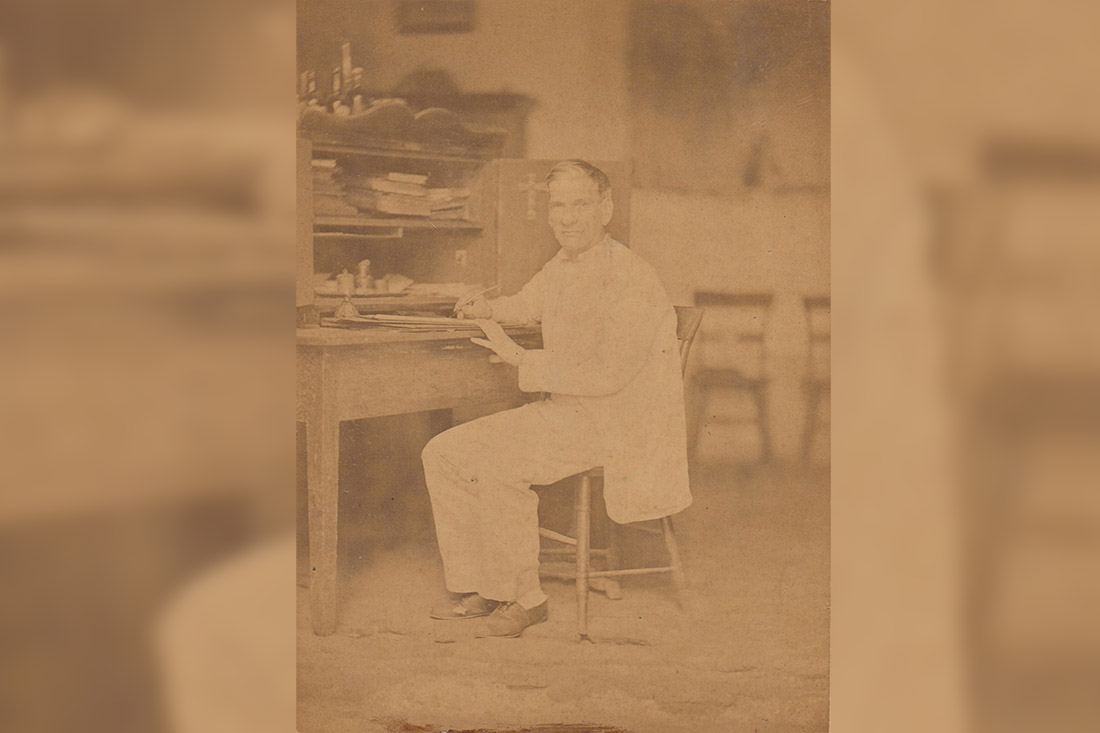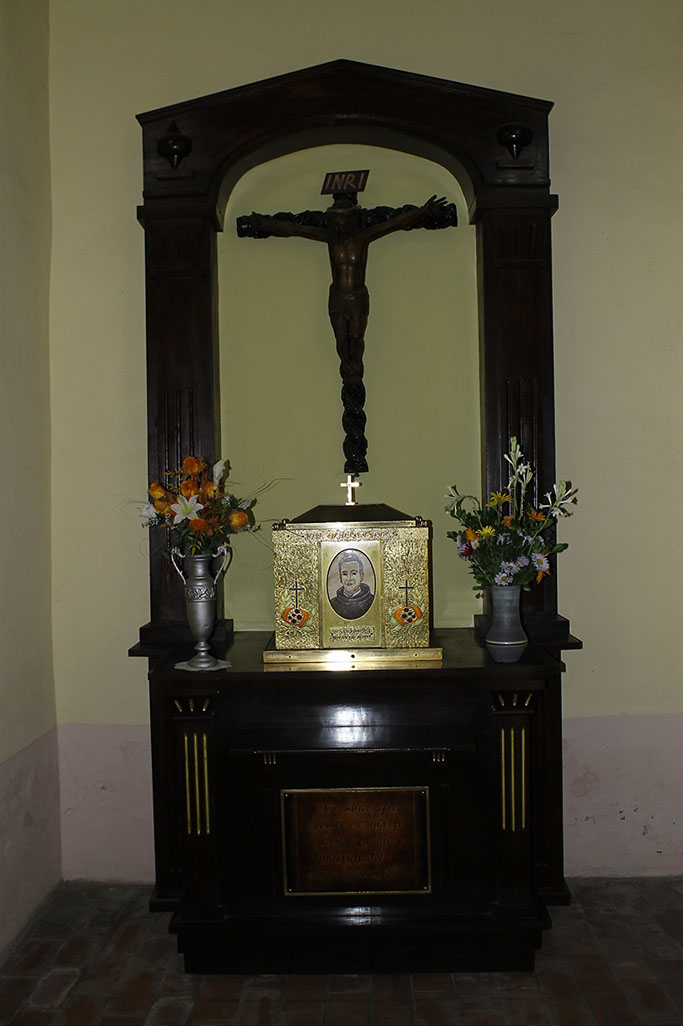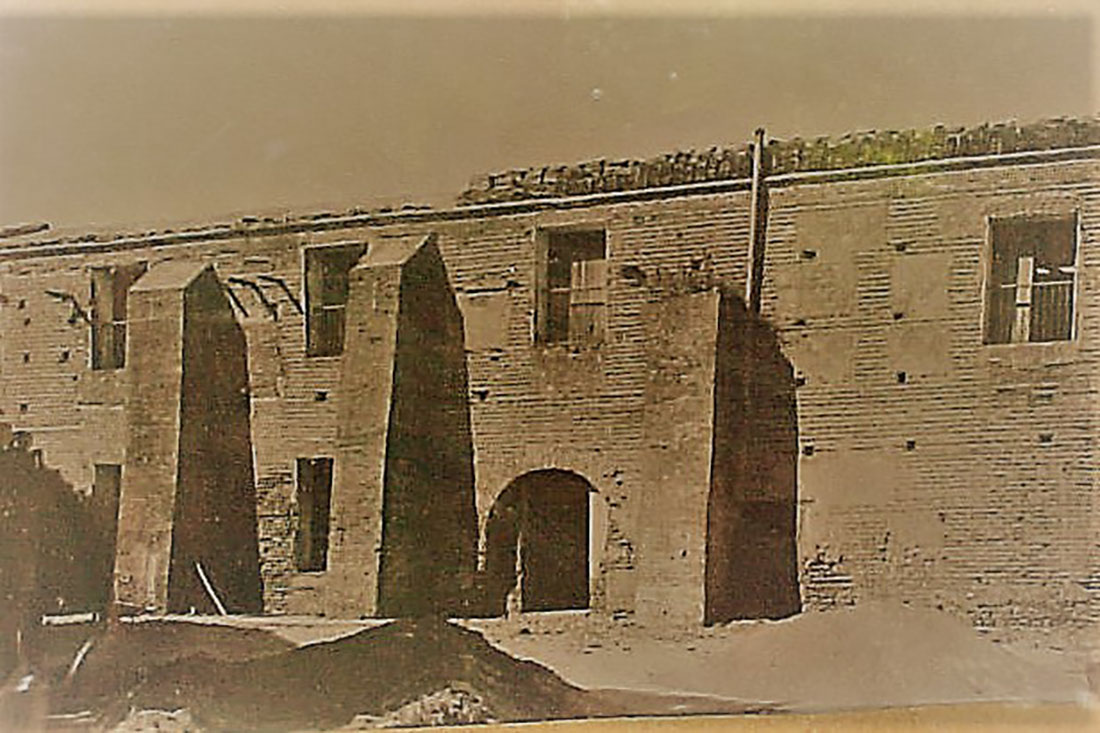Why would a mortuary obituary published by El Progreso printing house on the day of his death describe Olallo Valdés, from Havana, “Apostle of Charity”? Is it that in colonial Cuba, subjected to the regime of totalitarian centralization, there was no opportunity to foster the human spirit, forge awareness of human solidarity and relief service, and to deserve love for all Cubans?
Certainly this was not the case in the Greater Antilles, as long as the impersonation and restriction of their freedoms lasted.
However, in such an anomalous situation, lucid, loving and devout mentalities of faith and passion for others would have to stand out, to assist and save victims of the evils of the human body and spirit from the appalling poverty in which they lived. And not because he was abandoned in the Casa Cuna or Charity House in Havana, José Olallo Valdés would not be unworthy of being loved and considered by mourners “Father”, perhaps, in the absence of his own, or “Major Nurse”, who at all hours he helped with an extraordinary vocation in the hospital wards of the Order of San Juan de Dios, in Camagüey.
Follow the path of love of Olallo Valdés
They say that this man of medium height and good-natured face, at the expense of the bundles of clothes of his patients, went from the convent-hospital of Nuestra Señora de la Asunción or San Juan de Dios to the Hatibonico spring, to wash his bloody and smelly garments. They say that he did not have time to rest; defiant in the face of the cholera that was raging among those crowded into the hospital galleries; that he spent hours at the bedside of the sick and dying; of almost “miraculous” cures; of his small room in the courtyard of the hospital, next to the small cemetery; that he would help the priest Manuel Martínez in cleaning the face of Major Ignacio Agramonte Loynaz, as the Volunteers did not notice the intention of doing so with respect to the corpse of the adversary fallen in combat against the Spanish platoon, that May 11th, 1873.
Today’s world urgently requires altruistic people like Olallo Valdés; who believe in men and in the human spirit; that cure wounds and bodily pains; to help without waiting to be called; who profess love to a vocation without expecting anything in return; that they profess modesty in the face of the bitterness of others; that invade the thoughts of the mourners with hope of healing; that they teach to recover vitality in the midst of transitory suffering; that they prepare the rehabilitated to face a Better World, a kingdom of peace, without differences, without exclusions, of true brotherhood and solidarity. Where the Empire is love.
 You have to fight stubbornly for these goals, and it is worth trying for all the good and beautiful things in the world that still remain before us; and we can develop that quality from the first sensitive impulse when looking at others; as Olallo Valdés preached with the example of virtue from that patrimonial corner of Camagüey that is San Juan de Dios Square.
You have to fight stubbornly for these goals, and it is worth trying for all the good and beautiful things in the world that still remain before us; and we can develop that quality from the first sensitive impulse when looking at others; as Olallo Valdés preached with the example of virtue from that patrimonial corner of Camagüey that is San Juan de Dios Square.
Translated by: Aileen Álvarez García








